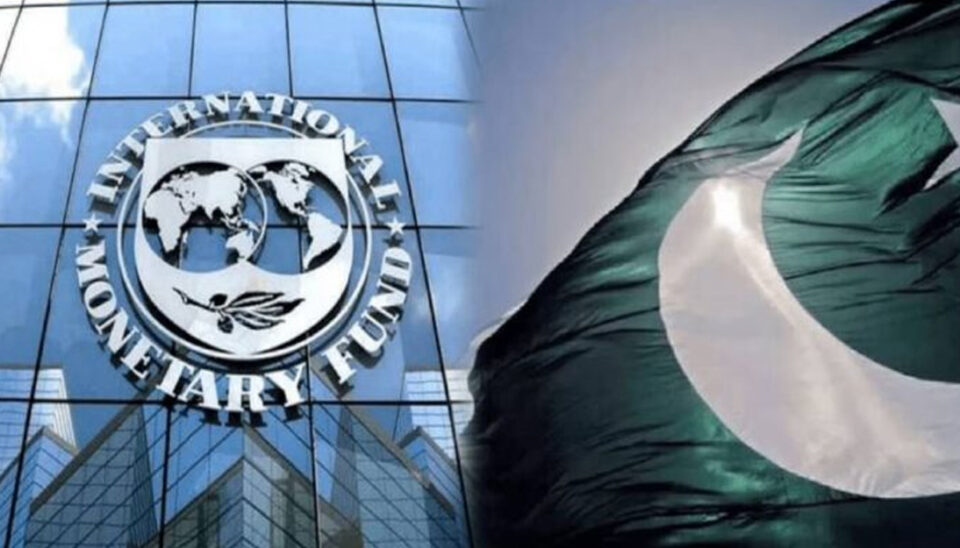As part of a $7 billion loan agreement with the International Monetary Fund (IMF), Pakistan’s federal and provincial governments are set to phase out price controls on key agricultural commodities, including wheat, sugarcane, and cotton, by 2026.
The IMF has imposed a crucial condition that prevents the government from setting support prices for these crops as well as for finished products such as fertilizers.
This new requirement is part of a broader set of conditions attached to the IMF’s bailout package, aimed at reducing government spending and limiting provincial control over subsidies. Currently, both federal and provincial authorities regulate the prices of essential crops and inputs like fertilizers.
Under the IMF directive, the government will gradually eliminate price-setting mechanisms, starting with the current Kharif crop season, with full implementation expected by June 2026. The federal and provincial governments are now barred from announcing support prices or engaging in procurement operations that disrupt the private sector.
Additionally, the IMF has restricted provincial governments from offering subsidies on electricity and gas throughout the 37-month loan program. The directive also limits government procurement of commodities strictly to their own needs, requiring them to sell at market prices to ensure full cost recovery from buyers.
Historically, government interventions in the market have caused price distortions and supply chain disruptions. The IMF’s conditions aim to promote market-driven pricing, preventing further market imbalances and encouraging a more stable economic environment.

